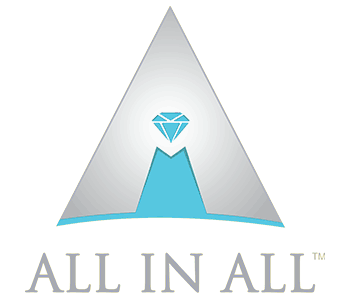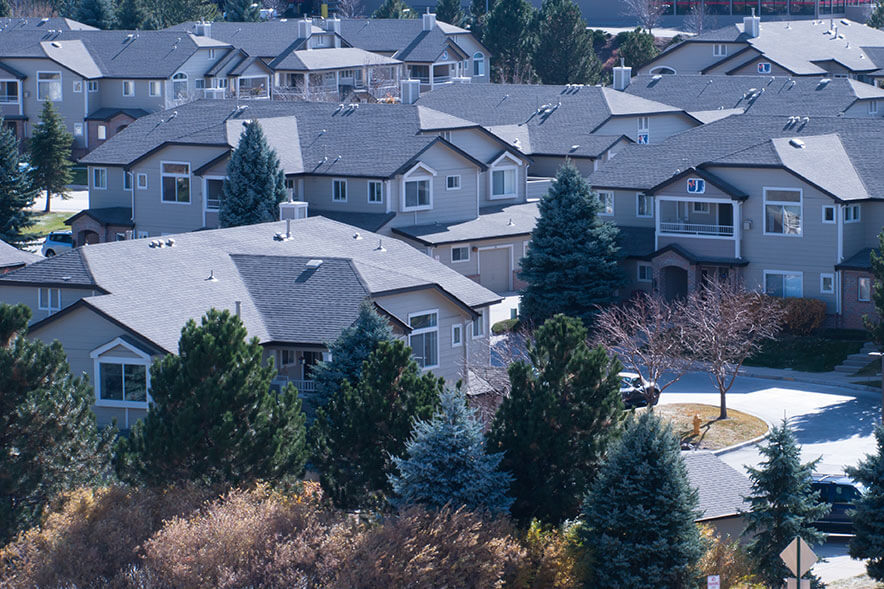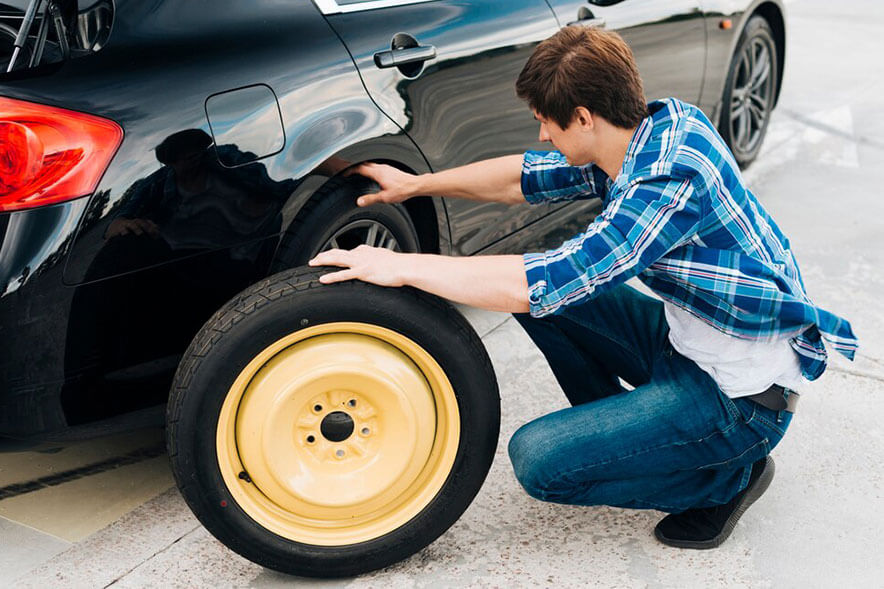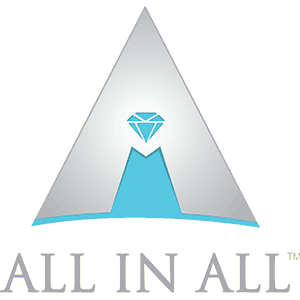Why Roof Age Matters:
Risk Assessment: Insurance companies assess risk when determining your premium. An older roof may have wear and tear, making it more prone to damage from wind, hail, or other hazards. This increases the likelihood of claims, which can affect your insurance rates.
Likelihood of Damage: As your roof ages, it may become less sturdy and more susceptible to leaks or structural issues. Insurance companies consider the likelihood of potential damage when setting premiums. A newer roof typically implies lower risk and may result in lower premiums.
Material and Maintenance: Different roofing materials have varying lifespans. For instance, asphalt shingles typically last 15-30 years, while metal roofs can last 40-70 years. Regular maintenance can prolong a roof’s lifespan, but insurance companies take into account the type of material and its condition when assessing risk.
Impact on Home Insurance Premiums:
Higher Premiums: If your roof is old or in poor condition, you may face higher insurance premiums. Insurance companies may view an aging roof as a liability and charge more to offset potential claims.
Coverage Limitations: In some cases, insurance companies may offer limited coverage or require you to make repairs or replacements before providing full coverage. This can leave you financially responsible for any damage or losses not covered by your policy.
Discounts for Upgrades: On the flip side, installing a new roof or making upgrades can sometimes lead to discounts on your insurance premiums. Insurance companies may view a new roof as a lower risk, potentially resulting in savings on your policy.
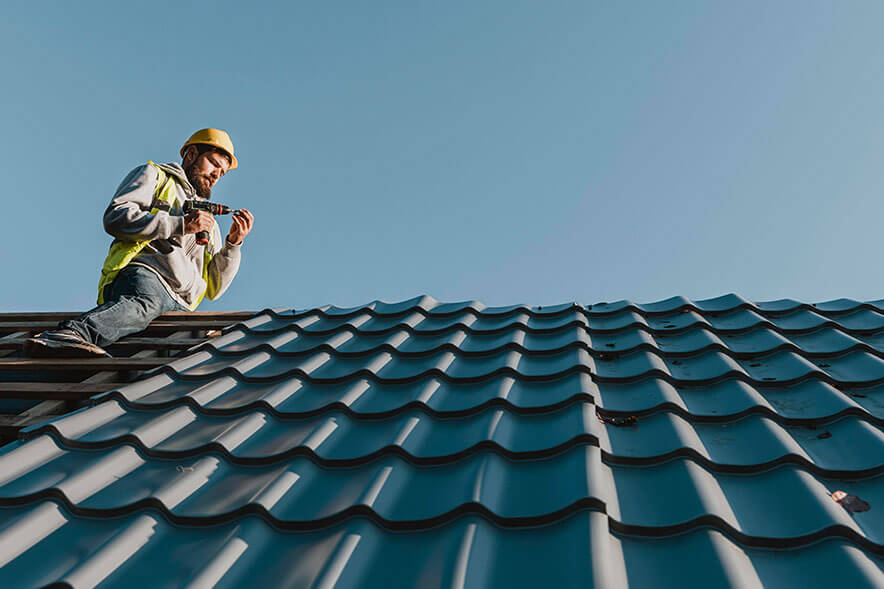
What You Can Do:
Regular Maintenance: Keep your roof in good condition by performing regular inspections and maintenance. Addressing issues promptly can help extend its lifespan and reduce the risk of damage.
Consider Upgrades: If your roof is nearing the end of its lifespan or showing signs of wear, consider investing in a replacement. Not only can this enhance your home’s safety and curb appeal, but it may also lead to savings on your insurance premiums.
Shop Around: Don’t hesitate to explore different insurance providers to find the best coverage and rates for your home. Some companies may be more lenient with older roofs or offer discounts for certain upgrades.
In conclusion, the age of your roof can indeed impact your home insurance. Regardless of whether your roof is old or new, taking proper care of it and understanding how it affects your insurance coverage can empower you to make informed decisions. Consult with your insurance agent to explore options tailored to your specific situation. Keep in mind that a well-maintained roof not only safeguards your home but also helps manage your insurance expenses effectively.
By understanding how insurance companies assess risk and taking proactive steps to maintain or upgrade your roof, you can potentially save money on premiums and ensure adequate coverage for your home.
